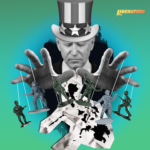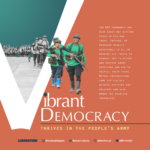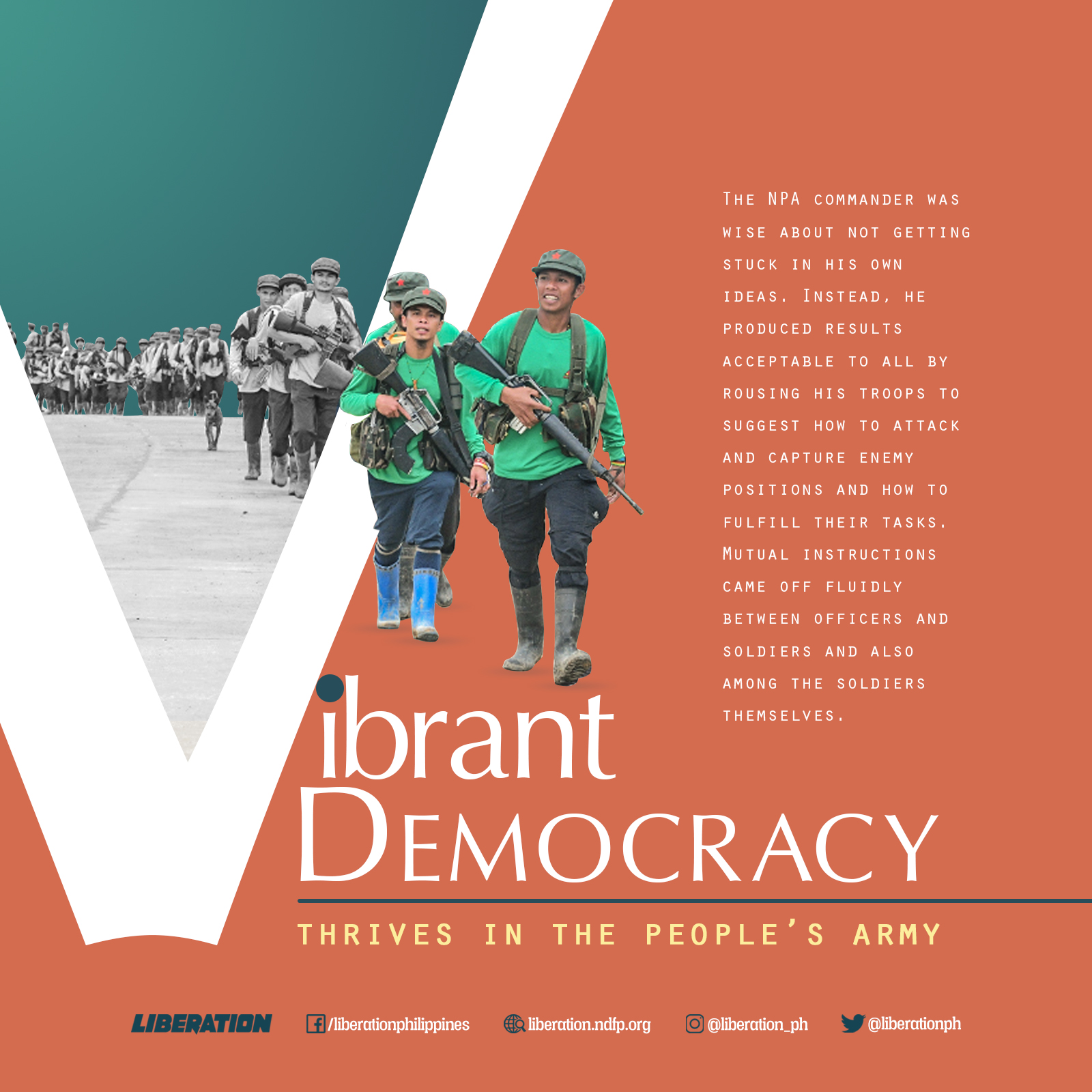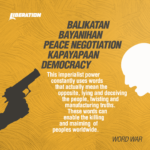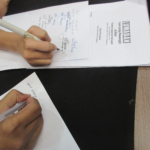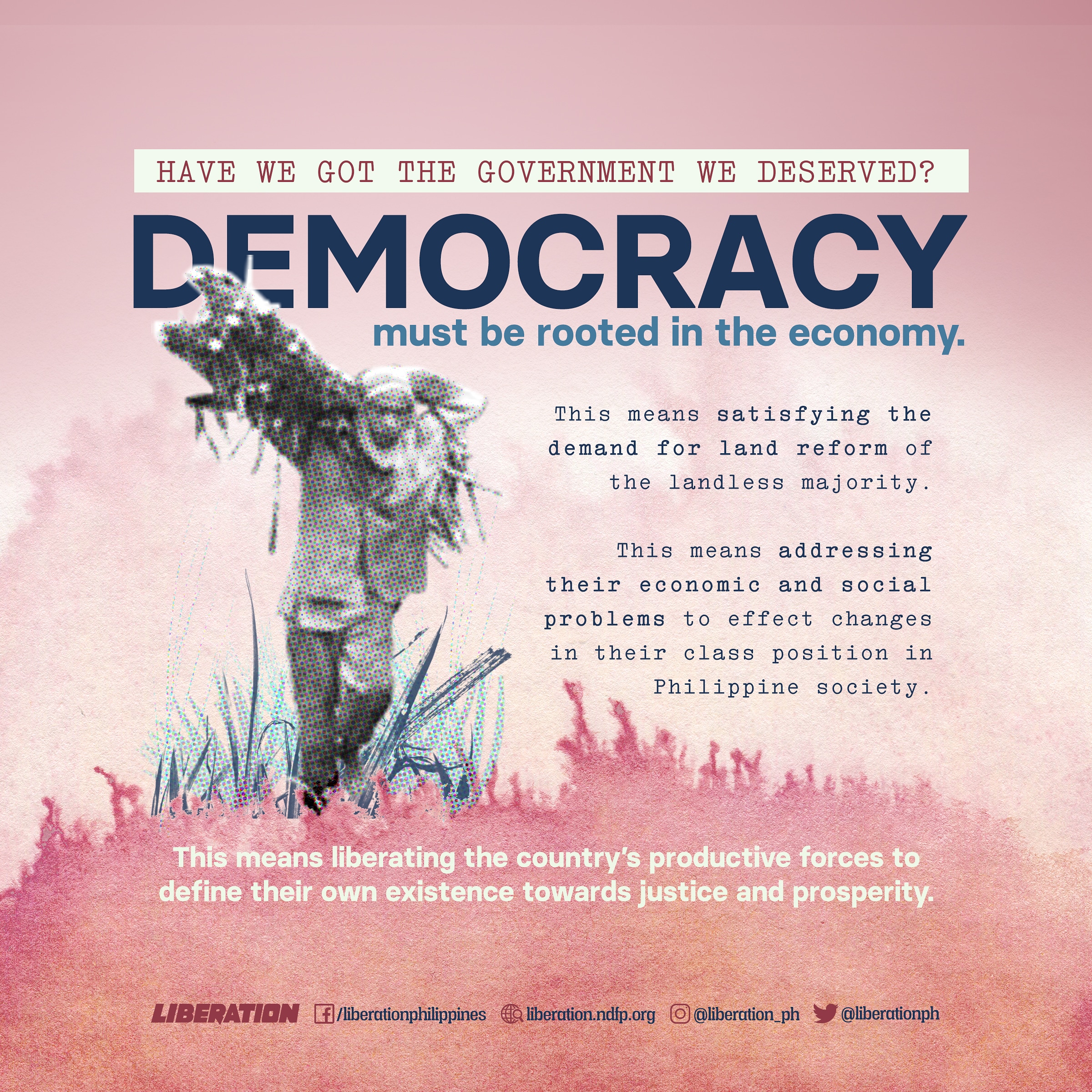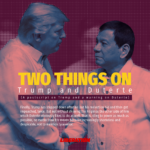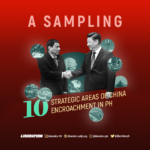Word War
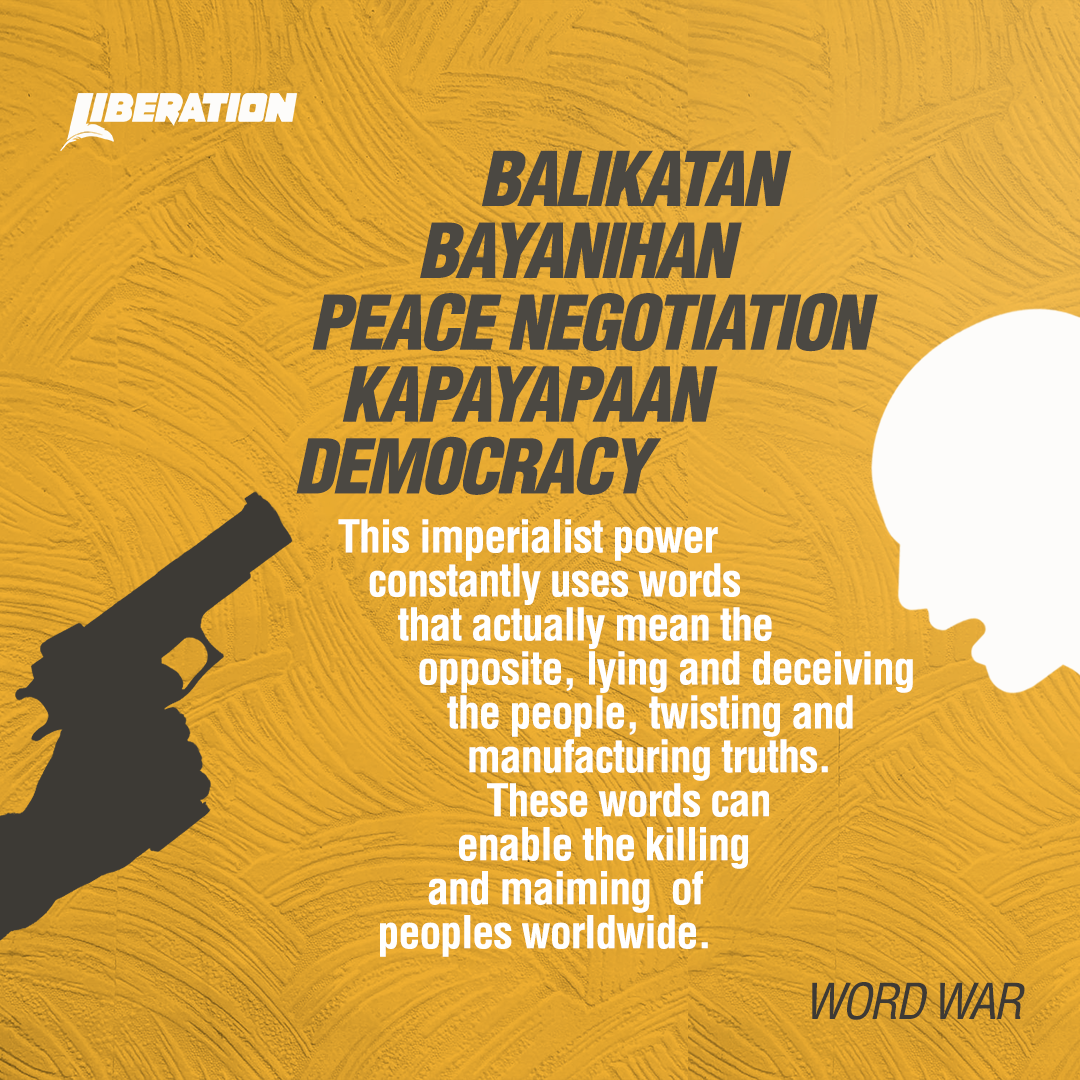
“Doing determines being.” This Marxist maxim means you’re called a teacher if you teach, a business man if you do business, a politician if you engage in politics, a liar if you habitually lie. If you grab lands from those who cleared and tilled it for generations, you’re a landgrabber. If you make the farmers pay rent for tilling that land, you’re called a landlord.
A spade is called a spade. No pretensions, no duplicity, in the meaning of words.
But in war, deception is one of the sharpest weapons. Hence, we must continually remind ourselves from becoming like the victims of the mythical Adarna—lulled by beautiful tunes into a deep sleep only to become vulnerable and helpless.
In the Philippines there is an ongoing civil war, a national democratic war of a new type, a war of national liberation, the first of a two-stage revolution for genuine social change and democracy. It is led by the Communist Party of the Philippines (CPP), and fought on many fronts by the New People’s Army (NPA), and the National Democratic Front of the Philippines (NDFP). It is waged through armed struggle in the countryside, supported by democratic though unarmed democratic struggles in the cities and urban centers. It carries the aspirations and interests of the Filipinos masses, thus earning mass support through the years.
Taking the leaf from the ‘doing determines being’ maxim, the Philippine government while it calls itself a democracy is in reality a reactionary and puppet government of US imperialist. It is a dictatorship of local big landlords and compradors. It pretends to serve the people when it acts against the people and serves its own reactionary interests.
Similarly, while being the real terrorists, the imperialist US calls it targets and threats as the “terrorists.” Yet, it is the US who has 700 to 800 known military bases in 80 countries, deploying foreign troops and arms across the globe, and leads its imperialist rivals many times over in aggression and interference in other states.
This imperialist power constantly uses words that actually mean the opposite, lying and deceiving the people, twisting and manufacturing truths. These words can enable the killing and maiming of peoples worldwide. The corporate media in other countries do not even dare utter the word “imperialist” when they report on the alliances and arms support being given by the US to the likes of Zionist and settler colonialist Israel state.
The Philippine reactionary troops have founded their ideological moorings from US imperialism. It is no surprise that its “counterinsurgency” guide seeks to misrepresent and repeatedly whitewash themselves as the good guys. Meanwhile, they slander the revolutionaries, the struggling masses and activists, repeatedly hurling negative accusations at them in hopes to isolate them from the masses. Through the years they have even filled up a dictionary of terms with its opposite meaning. They mean to have these accepted and trap the consciousness of the people in their reality-defying language.
A lot of these words camouflage the reactionaries’ sins against the people. These words may seem harmless such as “salvage” (meaning to save) yet, since the Marcos Sr dictatorship it was used to denote extrajudicial killings. More words to follow:
Balikatan—shoulder to shoulder, mutually helping each other. It is used in the context of US-RP war exercises, which is a brazen lie because it runs counter to the warmth and camaraderie that the word evokes. There is no friendship there when a domineering power like the US use our resources and territories to promote their geopolitical agenda, host their forward deployment of troops and arms, and use the local reactionary troops and government to help them entrench the US imperialist rule. Moreover, they get the chance to unload their junked, obsolete materiel for the Philippine military to use against our own people who are struggling for freedom and democracy.
Bayanihan—collective helping out. It is used in “counterinsugency” plans like Oplan, meaning Operation Plan Bayanihan, but which is more accurate to be called bantay-salakay (Bantay means guard; salakay is attack.The word is used to describe treachery). Seemingly, the “Oplan” is packaged as local development efforts with people’s support. In real terms the word bayanihan conceals the “whole-of-nation” approach to “counterinsurgency”. It is an attempt to mobilize the whole reactionary bureaucracy to work with state forces to crush the revolutionary movement. In real terms, after an attack or crackdown against revolutionary forces in the area, what follows is the return of landlords, compradors or capitalists out to plunder the remaining wealth in the area. Also, the attacking troops who are fed by public funds do so to allow the further exploitation of the people they ought to serve.
Kapayapaan—peace. For the Philippine reactionary state, peace actually denotes peace of the grave, or the silence of its adversaries. It is meant to crush the armed and unarmed uprisings of the Filipino people, and henceforth allow the exploiters and oppressors the freedom to exploit and abuse the country’s resources and people. In this environment only the ruling classes have the right and actual voice to speak and live decently—while the rest are just ants or “terrorists” to be red-tagged, bombed, EJK’d, jailed on trumped-up charges etc. True peace must be based on justice.
Peace negotiations—talking peace. The reactionary state and revolutionaries are on opposite poles when coming to the peace negotiations. For the reactionaries this means the surrender of revolutionary forces, the laying down of arms, and subscribing to the Philippine reactionary constitution. The revolutionaries, however, want to talk peace to resolve the age-old reasons for the armed conflict. They want real meaningful changes, as contained in the 12-point program of the NDFP. Time and time again the reactionary state has reneged on signed and/or initialed agreements, delayed or unilaterally terminated the peace negotiations. But the NDFP has persevered and has always been welcoming of peace talks as the revolutionary alliance wants the resolution of the armed conflict, but only if the roots of the armed conflict are resolved.
Democracy—rule of the majority. The bureaucrat capitalists in Malacanang love to bandy the term as if the government is democratic. The fact they come from political dynasties of local big landlords and compradors clearly belie their claim. The minority elite who control the economic and political power in the country definitely lord it over the poor majority. So unlike the seeds of the people’s democratic government being set up by the revolutionary forces in the countryside with direct representation and participation by, of, and for the people. More importantly, democracy to the revolutionary movement means freedom of the peasantry, the majority of the Filipino people, from the shackles of centuries-old feudalism, freedom from feudal and semifeudal exploitation of the landlord class, and freedom to own and enjoy the fruits of the land they till. It is the main content of the national democratic revolution.
Many more words are used by reactionaries to deodorize their rule and then deceptively attack or repress the people. Words like “modernization,” “democratization,” “friendship,” “maximum tolerance,” “development,” carry with them a lot of reactionary baggage. It would do well to find the real meaning behind the words and continue to expose the reactionaries for all their duplicity and deception. As has been said a lie repeated a thousand times becomes the truth. With the people’s vigilance and alertness, there is no way the reactionaries can get away with this. (Pinky Ang) ###

